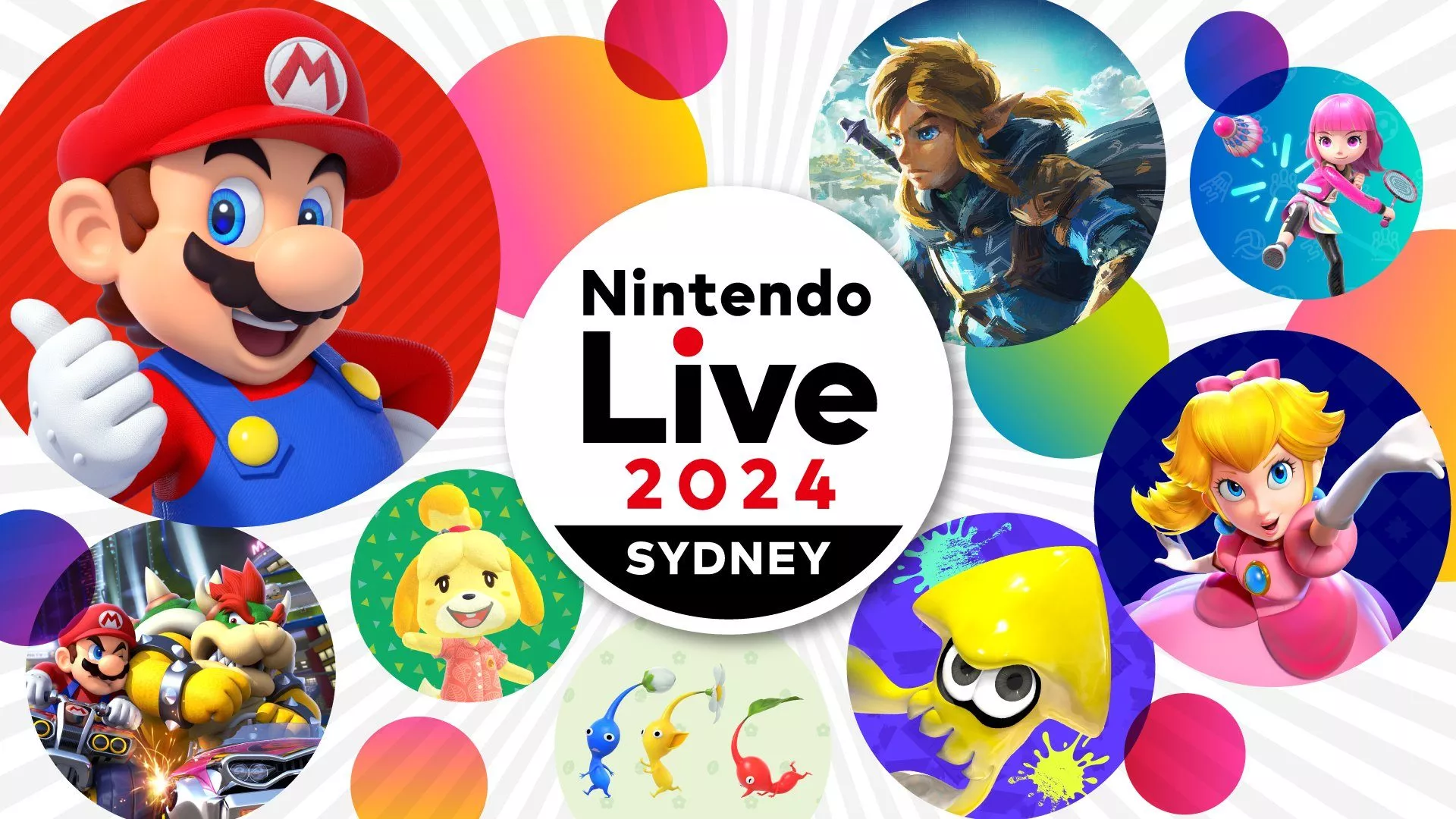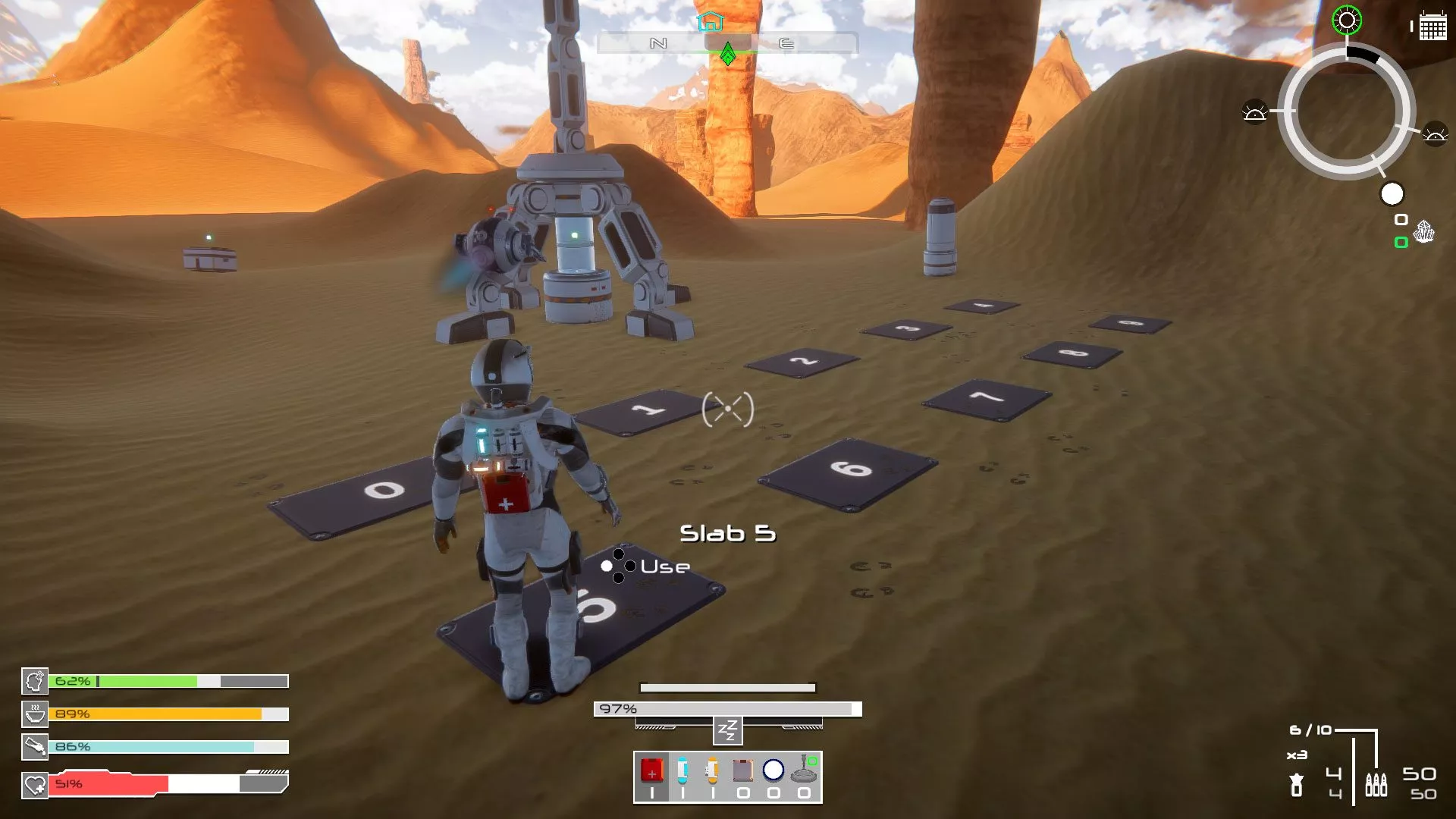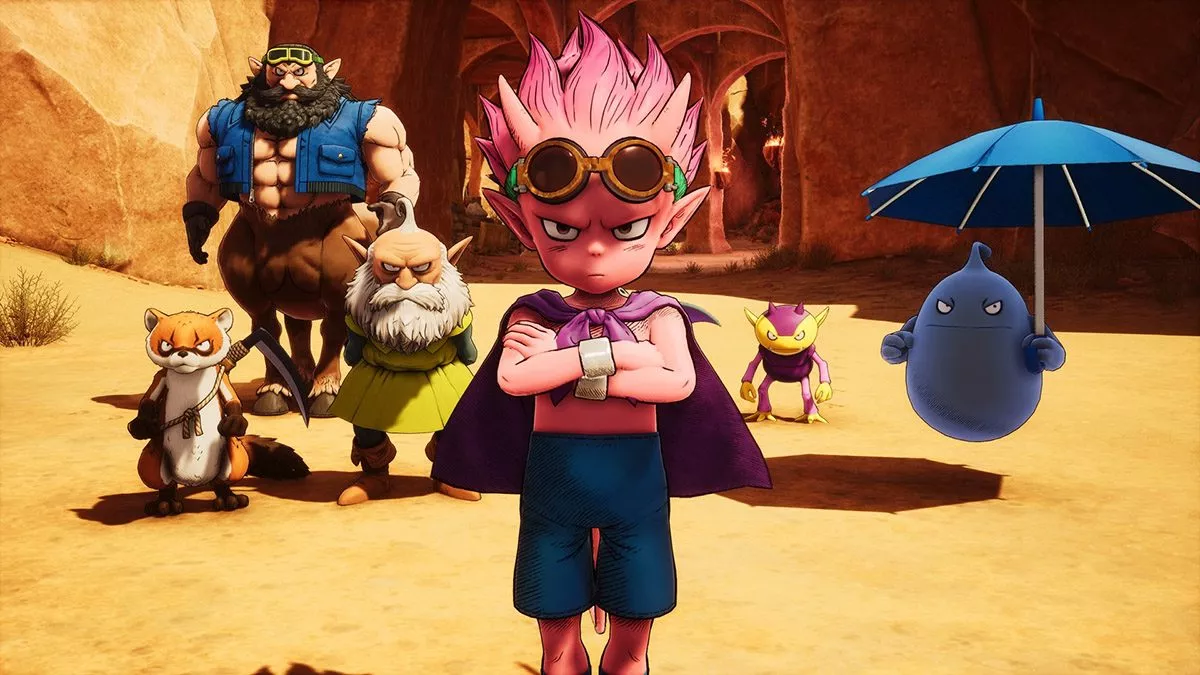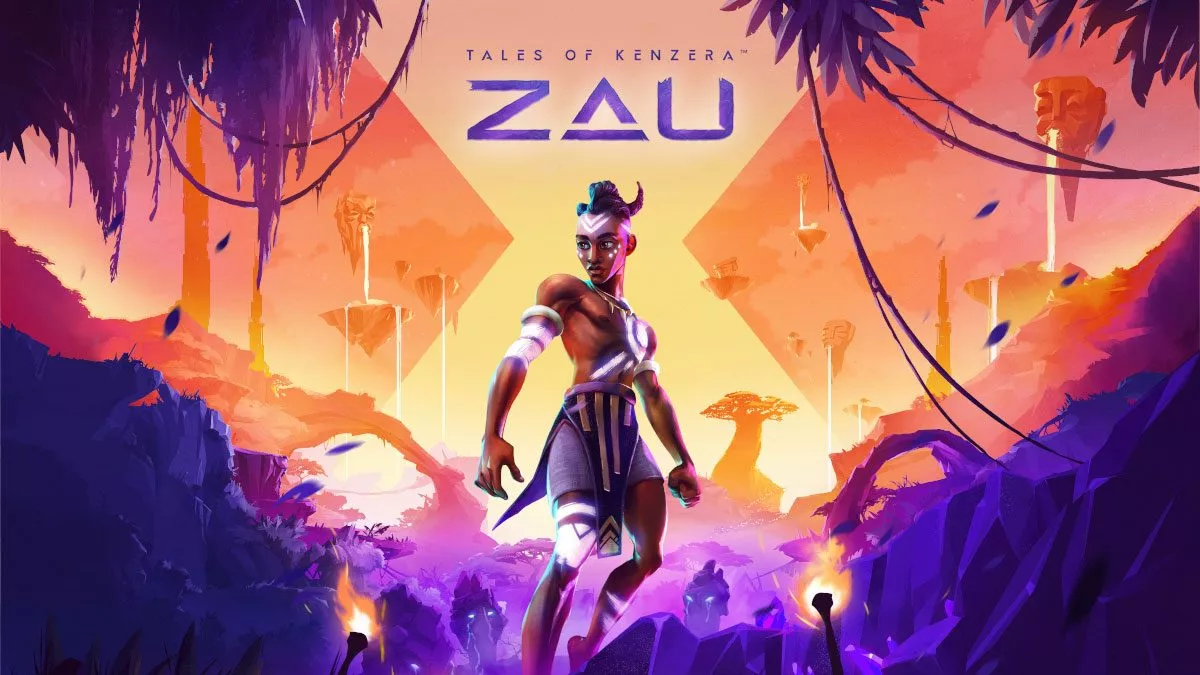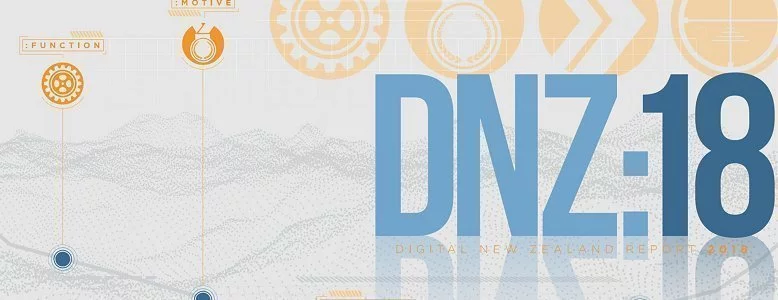The Digital New Zealand 2018 report has been released, a result of a partnership of IGEA and Bond University’s Faculty of Society & Design. As with a recent look into Australian gaming culture, this report delves into that of New Zealand.
The report canvassed 807 New Zealand households and 2,288 individuals of all ages from those homes, chosen at random. Here are some of the key findings of the report:
Who plays video games?
- 67% of New Zealanders play video games.
- 47% of video game players are female.
- 34 years is the average age of video game players.
- 73% of players are aged 18 years or older.
- 44% of those aged 65 and over play video games.
- Adult players have been playing games for an average of 13 years.
How do we play?
- 85 minutes is the average daily total of all gameplay.
- 93 minutes is the average daily total play for males.
- 75 minutes is the average daily total play for females.
- 10 minutes, twice a day is typical for casual gameplay.
- 1 hour, daily is typical for in-depth gameplay.
Games for work and play
- 35% have used games at work to improve job knowledge.
- 24% have used games at work to learn health and safety rules.
- 69% said games in schools can be effective for teaching students.
- 59% said games have been used by their children in the school curriculum.
Livestreaming, video and Esports
- 72% have used walkthroughs, videos or wikis to help their gameplay.
- 23% have posted their own videos of gameplay.
- 31% have watched Esports. Of these players, 53% watch to learn strategies for improved gameplay and 7% watch to follow an Esports team.
Households
- So close — a ridiculous 98% of homes with children have computer games.
- 53% of households have five or more screens.
- 79% of game households have more than one game device.
- 15% of game households have a virtual reality headset.
- 28% choose not to download games due to data limits.
If the results seem like a little bit of deju vu, it’s because they’re practically 1:1 with that of the the Digital Australia 2018 report.
“In the last five years we’ve seen a big increase in the amount of educational video games and we’ve watched levels of sophistication grow,” said Bond University’s Professor Jeffrey E. Brand. “These games are used to increase engagement, student motivation, promote critical thinking and problem solving across all subject areas including maths, science and reading.
“Over time, gaming has become much more social. Online gaming for children is often a shared experience that can improve social connectedness in and out of the classroom.”
You can access the full Digital New Zealand 2018 report here.
This article may contain affiliate links, meaning we could earn a small commission if you click-through and make a purchase. Stevivor is an independent outlet and our journalism is in no way influenced by any advertiser or commercial initiative.



